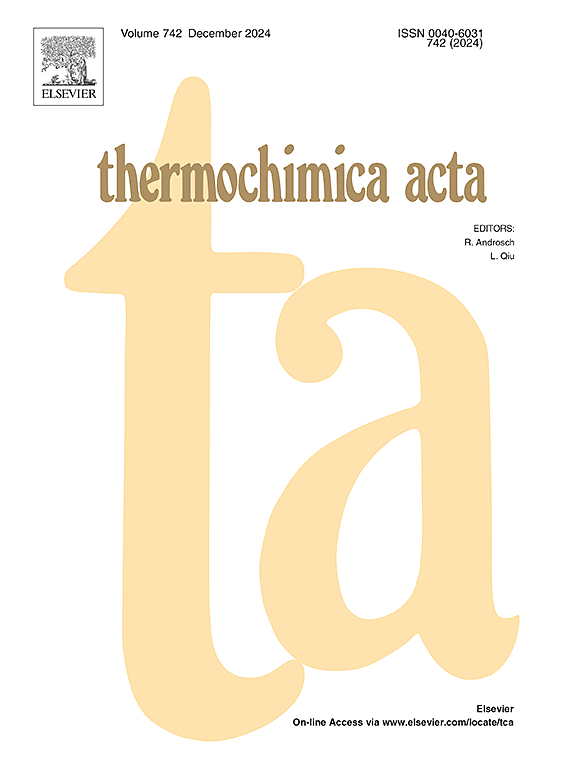Review of supercooling suppression of phase change materials based on nanoparticles
IF 3.1
2区 化学
Q2 CHEMISTRY, ANALYTICAL
引用次数: 0
Abstract
The phenomenon of supercooling in phase change materials has been a major obstacle to the effective use of these materials in thermal energy storage systems. Numerous studies have shown that nanoparticles display significant advantages over other methods of supercooling inhibition in terms of increased nucleation rate, enhanced thermal conductivity, reduced supercooling, and improved cycling stability. Yet, the mechanism of supercooling inhibition by nanoparticles has not been comprehensively discussed or reviewed in published articles. The objective of this review is to provide a comprehensive analysis of the mechanisms by which nanoparticles promote nucleation and reduce supercooling in phase change materials, as well as to discuss the most influential factors such as the type, concentration, and size of the nanoparticles, as well as ultrasonic and synergistic effects. Additionally, the paper focuses on an overview of recent advances in the application of machine learning to control the supercooling of nanofluid phase change materials. The potential for practical applications of machine learning techniques to enhance the thermophysical properties of phase change materials and suppress phase change material supercooling is one of our major findings.

求助全文
约1分钟内获得全文
求助全文
来源期刊

Thermochimica Acta
化学-分析化学
CiteScore
6.50
自引率
8.60%
发文量
210
审稿时长
40 days
期刊介绍:
Thermochimica Acta publishes original research contributions covering all aspects of thermoanalytical and calorimetric methods and their application to experimental chemistry, physics, biology and engineering. The journal aims to span the whole range from fundamental research to practical application.
The journal focuses on the research that advances physical and analytical science of thermal phenomena. Therefore, the manuscripts are expected to provide important insights into the thermal phenomena studied or to propose significant improvements of analytical or computational techniques employed in thermal studies. Manuscripts that report the results of routine thermal measurements are not suitable for publication in Thermochimica Acta.
The journal particularly welcomes papers from newly emerging areas as well as from the traditional strength areas:
- New and improved instrumentation and methods
- Thermal properties and behavior of materials
- Kinetics of thermally stimulated processes
 求助内容:
求助内容: 应助结果提醒方式:
应助结果提醒方式:


